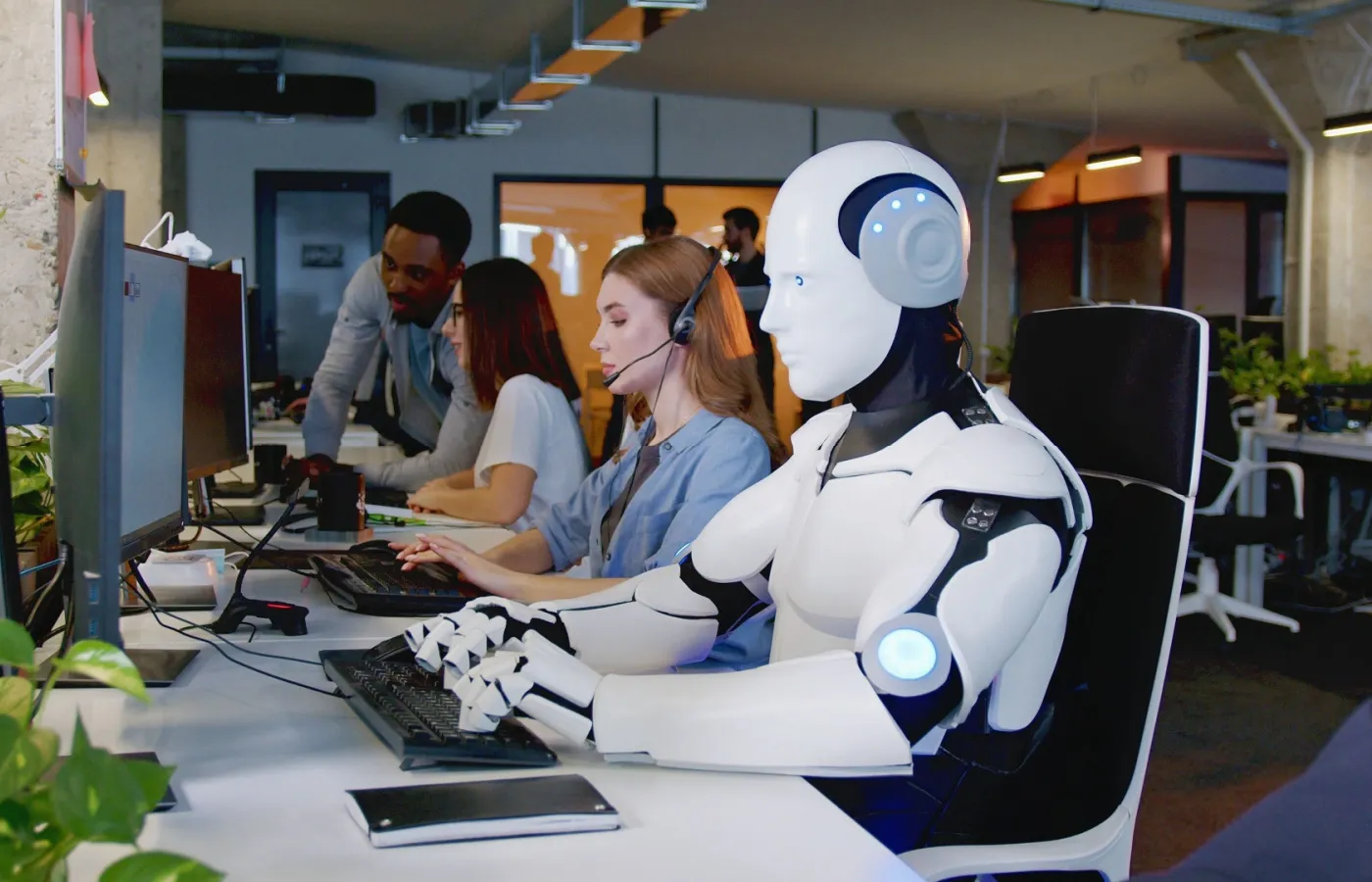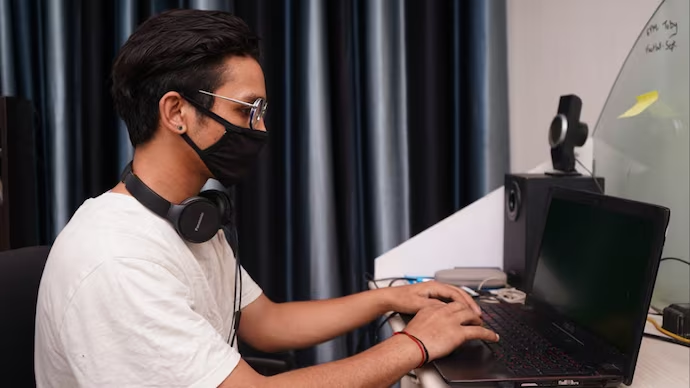Now Reading: AI Is Changing 700+ Jobs in the US—What That Means for India’s Workforce Too
-
01
AI Is Changing 700+ Jobs in the US—What That Means for India’s Workforce Too
AI Is Changing 700+ Jobs in the US—What That Means for India’s Workforce Too

Artificial Intelligence (AI) is no longer a futuristic concept—it’s actively reshaping over 700 professions across the US. From office clerks to paralegals and graphic designers, automation and AI tools are redefining how jobs are done, which skills are needed, and where human expertise still matters. And while this shift is currently playing out most visibly in the US, its ripple effects are already being felt in India.
The report outlines three broad trends: some roles are being automated entirely, others are being partially replaced, and many are being augmented—where humans work alongside AI to increase productivity. For example, data entry jobs are increasingly handled by algorithms, while designers now use AI to speed up drafts and revisions rather than replace their creativity altogether.
In Indian cities like Nagpur, Coimbatore, and Lucknow, where back-office jobs and tech support roles are key employment drivers, this shift poses both a risk and an opportunity. If companies begin relying more on AI-driven systems for repetitive tasks, some traditional roles could shrink. But at the same time, there’s potential for new job categories to emerge—especially for those who can work with AI tools instead of being replaced by them.
Education and upskilling become critical in this context. Indian students and early-career professionals need to understand that technical skills alone might not be enough. The focus is now shifting toward hybrid skills—like combining domain knowledge with AI literacy, or creative thinking with data interpretation. Institutions and training centres in Tier 2 cities must start adapting their curriculum if they want their students to stay relevant in this evolving job market.
It’s also important to note that while AI can handle tasks, it still lacks emotional intelligence, ethics, and cultural understanding—areas where humans continue to lead. That’s why sectors like healthcare, education, law, and journalism will still need human judgment, even if the tools around them change dramatically.
AI is not about job loss—it’s about job change. For India, especially its rising non-metro workforce, the challenge will be to stay ahead of the curve. Those who adapt will find new opportunities. Those who don’t risk falling behind.

























